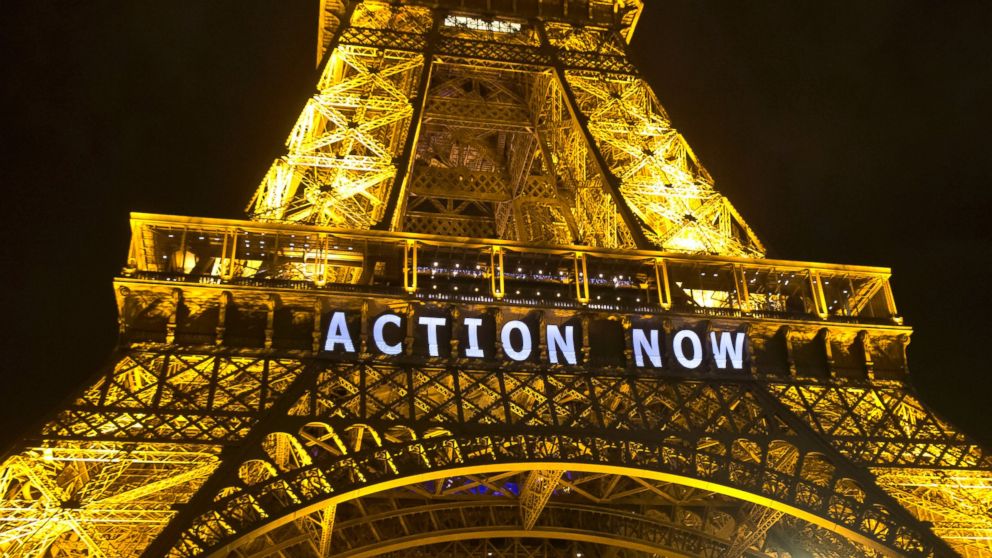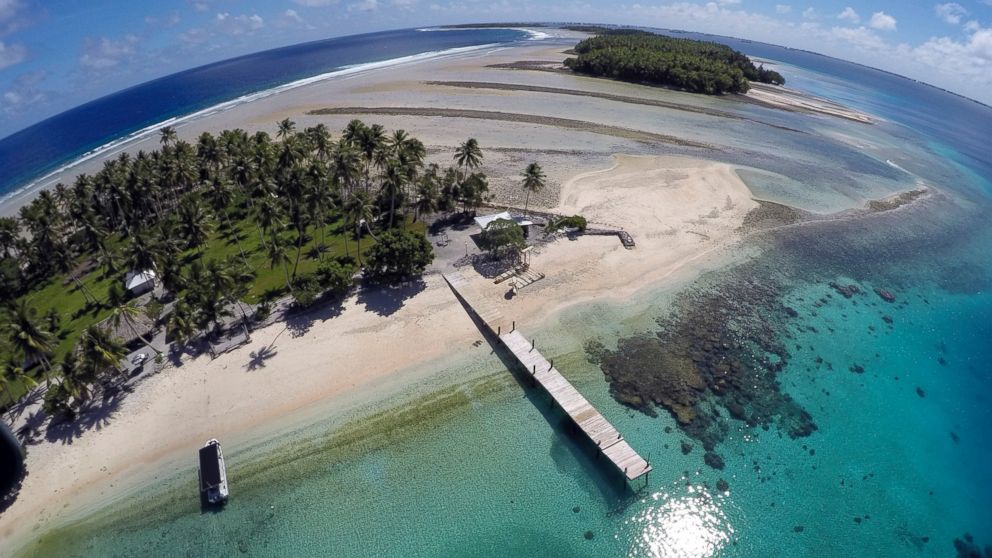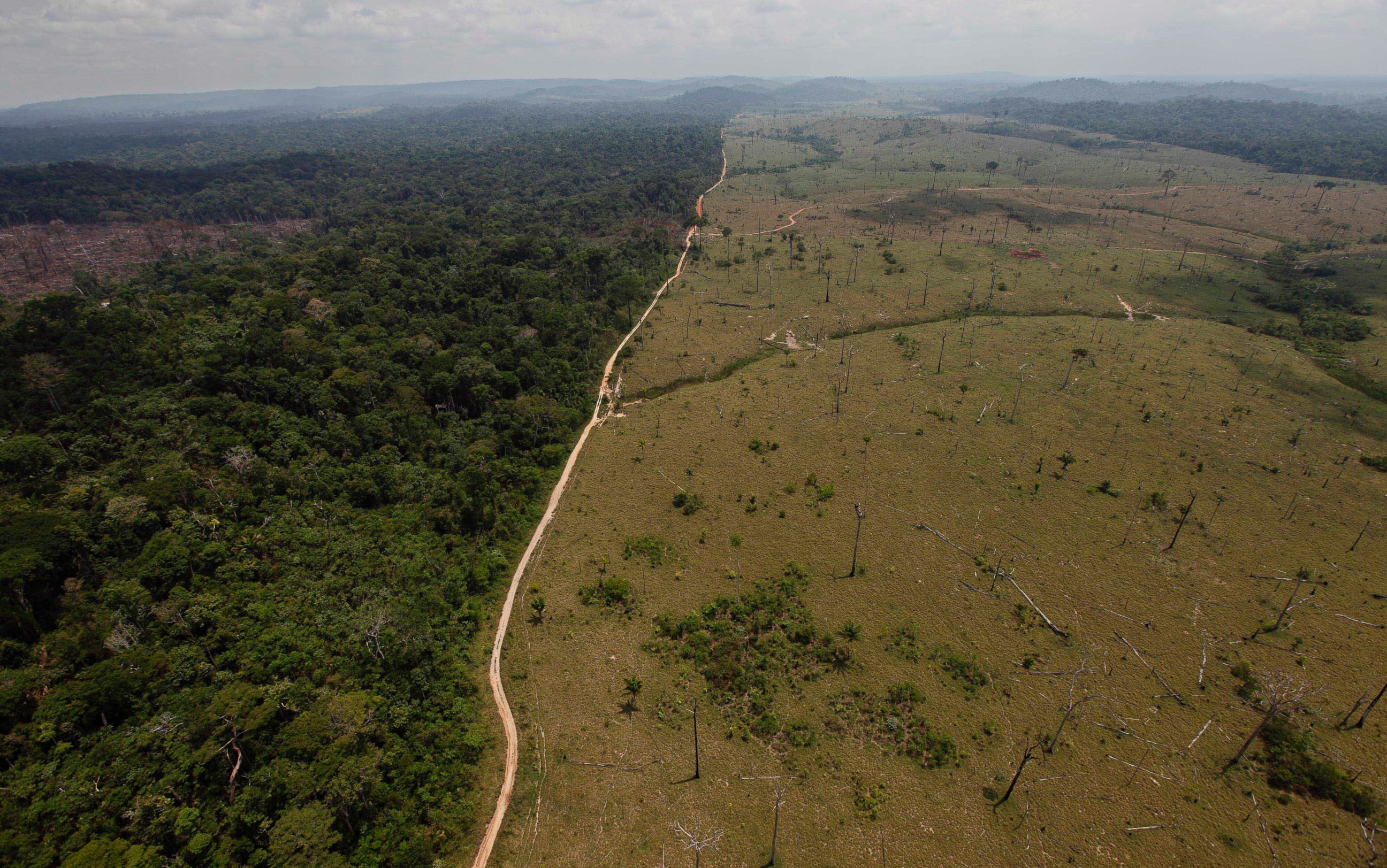World Leaders Scramble to Finalize Historic Climate Change Deal
World leaders are poised to sign a new agreement on climate change this weekend.

— -- World leaders are meeting in Paris to finalize a historic climate deal that calls on industrialized nations to cut emissions in an effort to slow the effects of climate change. Government officials are now scrambling to get a deal done after Friday's original deadline passed.
Who are the players?
The number of countries participating in talks totals 186. The world’s biggest offenders in carbon emissions – China, the United States, the European Union and India -- are working on the draft deal. Other influential players include representatives from countries like the Marshall Islands, where rising seas are already beginning to submerge the tiny nation. The island country could be completely consumed by the ocean by the end of the century, according to the local government.

What is the basic goal of the deal?
The latest draft says the new goal is to keep the Earth’s temperature from rising 2 degrees Celsius (3.6F) above pre-industrial levels. And it says these countries should try to limit the temperature increase to 1.5 degrees Celsius, which many scientists believe is unrealistic given it would effectively force industrialized nations to end all fossil-fuel emissions in the next 15 years. China, the world’s largest emitter of carbon dioxide, would be required to make the biggest emissions cuts by 2030. Emission cuts would be reviewed and then increased every five years. The deal is also focused on reducing deforestation, particularly within the tropical nations. Britain, Germany and Norway jointly pledged $5 billion over the next five years to help countries like Brazil enforce strict deforestation laws.

What’s missing?
What’s missing is any clear mechanism that verifies these commitments. China and India are resisting a U.S.-led proposal for an outside investigator to audit emissions progress. Without an enforcer, some feel a deal will not lead to any change. Negotiators are also having difficulty persuading emerging and fragile economies to shift away from fossil fuels and make financial commitments to help the poorest countries cope with climate change. And finally, analysts say that without a commitment from the financial sector, dependency on fossil fuels will persist. A true sign of success will be when investors start putting their money into cleaner sources of energy.




